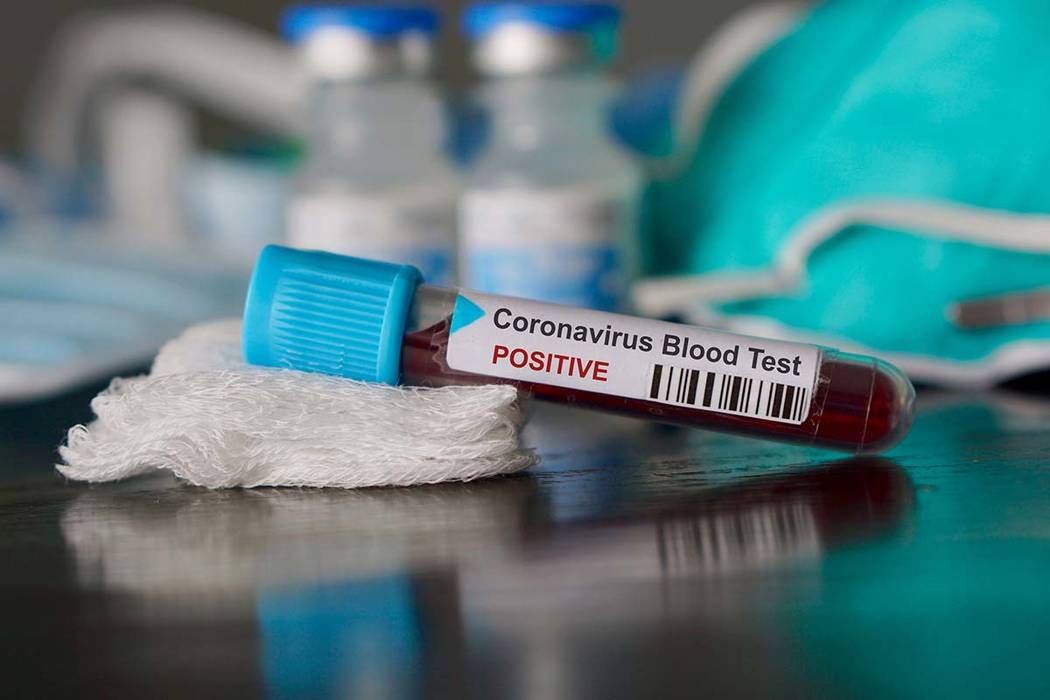What is a ‘presumptive positive’ for coronavirus?
Nevada’s first “presumptive positive” case of the novel coronavirus COVID-19 was identified Thursday, according to the Southern Nevada Health District.
But what does “presumptive positive” mean?
The answer is provided by the federal Centers for Disease Control and Prevention:
When a local public health laboratory receives a positive test result for a disease, the result is sent to the CDC for confirmation. A result is considered presumptively positive after it is identified by a local lab, but has yet to be confirmed by the CDC.
“For public health purposes, a presumptive positive result using the CDC test is treated as a positive,” the center said in a March 3 update on cases identified in the United States.
That means health officials and workers will treat presumptive positive patients with the same precautions they would take if the CDC already had confirmed the positive result.
Evidence suggests that the new coronavirus primarily spreads much as the flu does — through droplets from a sneeze or a cough, or by touching an infected surface. Public health authorities say the best way to avoid becoming sick is frequent hand-washing, avoiding touching your face and sanitizing frequently touched surfaces.
Contact Max Michor at mmichor@reviewjournal.com or 702-383-0365. Follow @MaxMichor on Twitter.


















